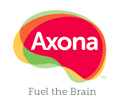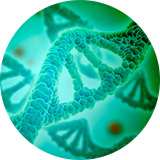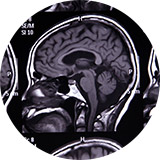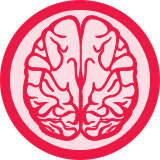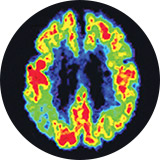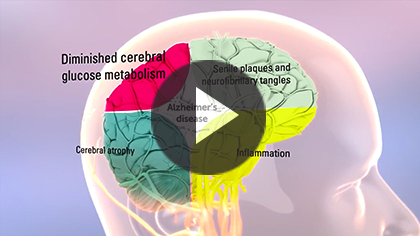Genes and early onset Alzheimer’s
• Diagnosis • Risk of Alzheimer's disease
Three different genetic mutations can cause early onset Alzheimer’s, a rare form of the disease. Learn more about these mutations and how they affect certain families.
Can peanut butter help diagnose Alzheimer’s?
• Diagnosis • Risk of Alzheimer's disease • Tests
According to researchers at the University of Florida, yes it can. The peanut butter smell test is a promising new way for doctors to diagnose the disease.
A new connection between brain injury and Alzheimer’s
• Diagnosis • Risk of Alzheimer's disease • Prevention
Plaques similar to the ones found in people with Alzheimer’s were discovered in the brains of people with serious brain injuries. Learn more about what this could mean for the early detection of Alzheimer’s.
Lesser-known risk factors for Alzheimer’s disease
• Diagnosis • Risk of Alzheimer's disease
While some risk factors for Alzheimer’s are well known, other possible causes of the disease are less understood. Learn about some of these risk factors and how they affect the chance of developing Alzheimer’s.
10 Questions to ask about Alzheimer’s
• Diagnosis • Medical visits • Treatment
It can be easy to forget questions you want to ask your loved one’s doctor or a caregiver support group about Alzheimer’s. This list may be a helpful guide.
Is it Alzheimer’s or normal aging?
The differences between early warning signs of Alzheimer’s and normal aging can often be difficult to determine. It’s important to be able to identify these differences so you can determine if your loved one should see a doctor.
Brain imaging for Alzheimer’s
• Diagnosis • Prevention • Tests
Your loved one probably received a brain scan to aid in the diagnosis of Alzheimer’s. Now, new brain scan technology may help doctors diagnose the disease years before symptoms start, opening up future treatment possibilities.
6 Interesting facts about Alzheimer’s disease
• Diagnosis • Risk of Alzheimer's disease
Alzheimer’s is one of the most common diseases affecting older people in the United States. Discover some thought-provoking facts about Alzheimer’s and the impact it has on the people who have it, their caregivers, and society as a whole.
What are the signs and symptoms of Alzheimer’s disease?
• Diagnosis • Symptoms • Risk of Alzheimer's disease
Many of the signs of Alzheimer’s, like forgetfulness and confusion, are pretty well known. Still, it’s important to learn more about what specifically to look for. Understanding the signs and symptoms of Alzheimer’s will help if you think a loved one is at risk.
Who can provide an Alzheimer’s diagnosis?
• Diagnosis • Symptoms • Medical visits
It can vary from situation to situation. Your best bet is to go see a primary care physician, who can then recommend what other doctors to visit. No matter what, you are a vital part of the process. Doctors might use observations you make about your loved one to help make an accurate diagnosis.
About Good Thinking
Good Thinking is for caregivers like you, supporting you as you face the daily challenges of caring for someone with Alzheimer’s disease. We’re here to provide information and inspiration to help you take care of yourself and enhance the care you give every day.
